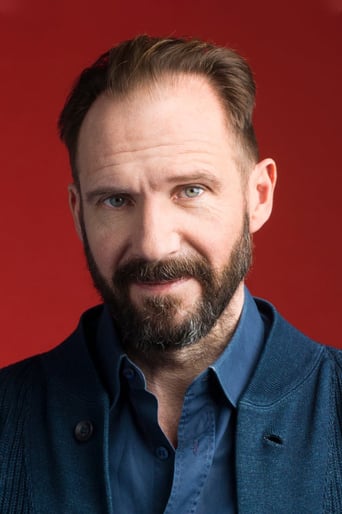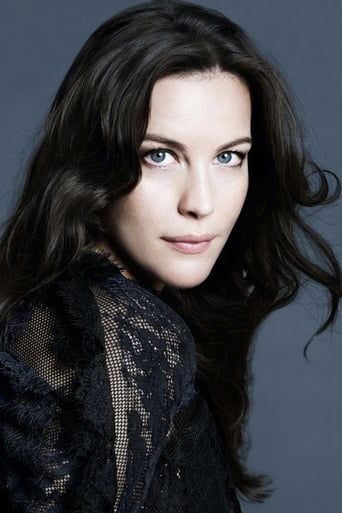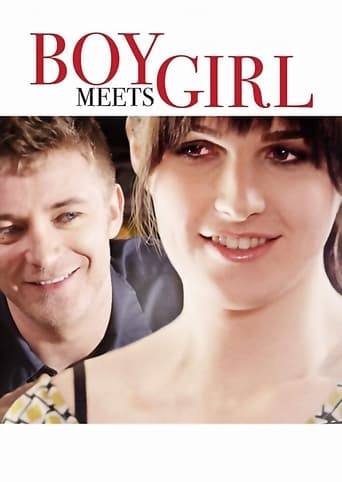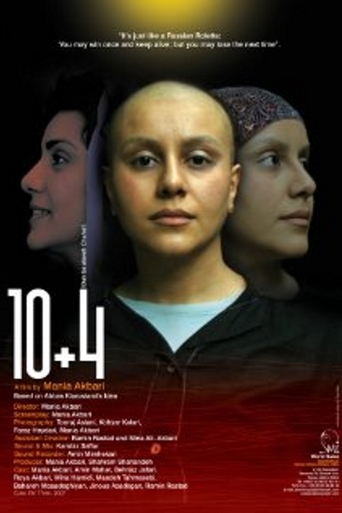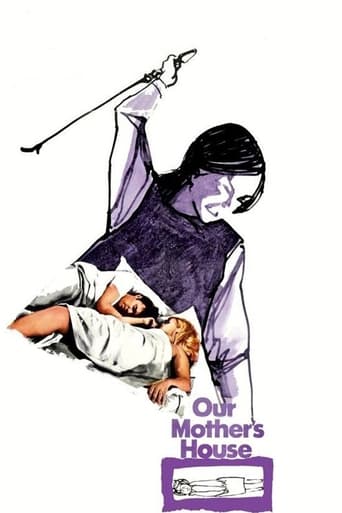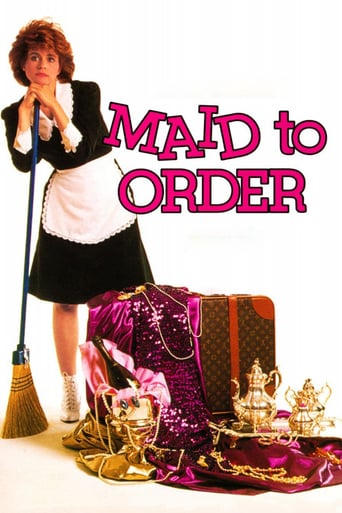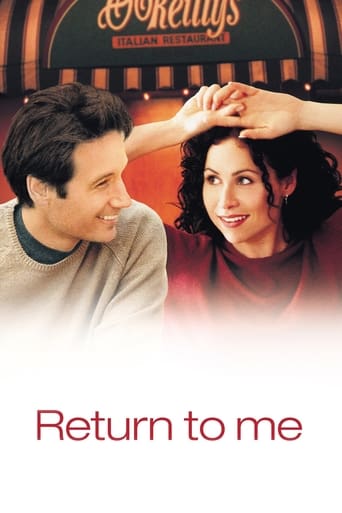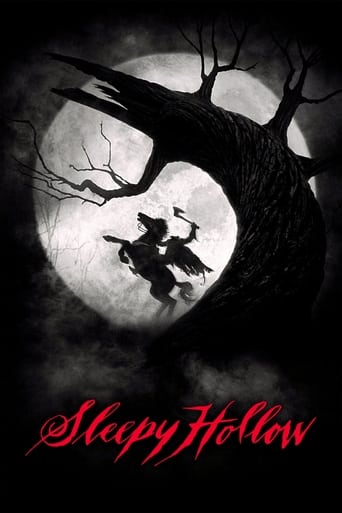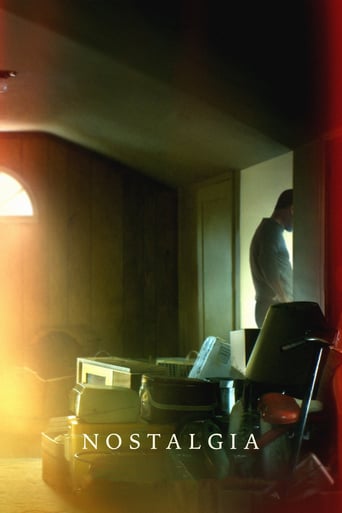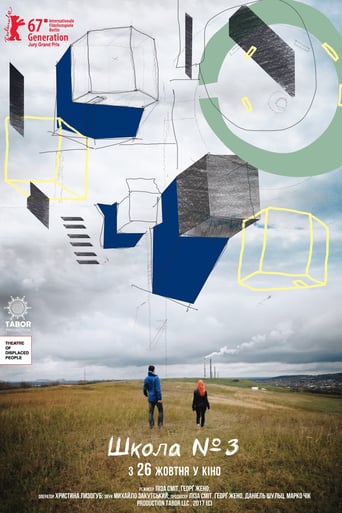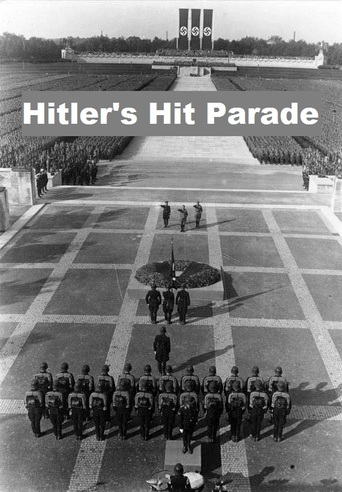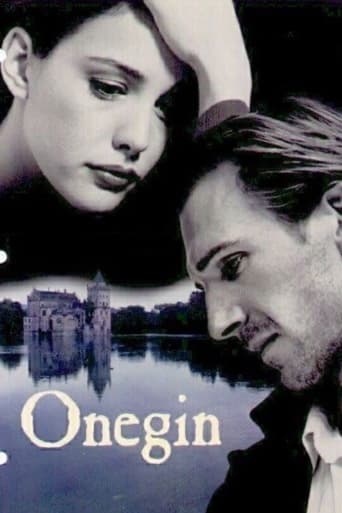
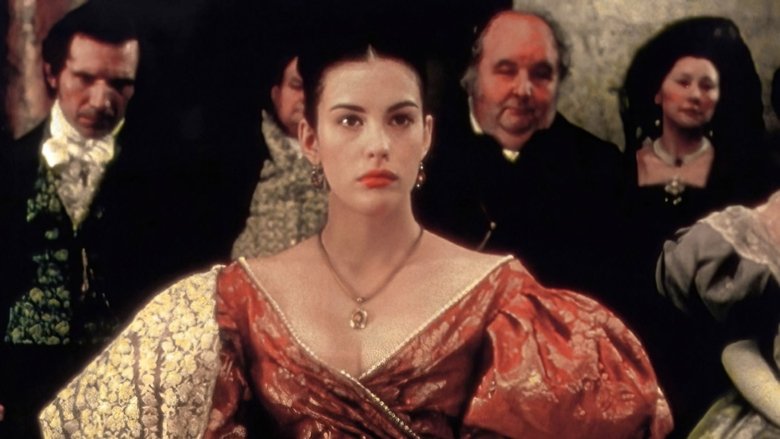
Onegin (1999)
In the opulent St. Petersburg of the Empire period, Eugene Onegin is a jaded but dashing aristocrat – a man often lacking in empathy, who suffers from restlessness, melancholy and, finally, regret. Through his best friend Lensky, Onegin is introduced to the young Tatiana. A passionate and virtuous girl, she soon falls hopelessly under the spell of the aloof newcomer and professes her love for him
Watch Trailer
Cast


Similar titles
Reviews
It's complicated... I really like the directing, acting and writing but, there are issues with the way it's shot that I just can't deny. As much as I love the storytelling and the fantastic performance but, there are also certain scenes that didn't need to exist.
Fanciful, disturbing, and wildly original, it announces the arrival of a fresh, bold voice in American cinema.
Not sure how, but this is easily one of the best movies all summer. Multiple levels of funny, never takes itself seriously, super colorful, and creative.
One of the most extraordinary films you will see this year. Take that as you want.
a good adaptation. the right performances. the atmosphere of a time when all does other sense of small things and gestures and words. it is strange to describe something who seems be more than a trip across the poem of Pushkin. because it is a reinvention of a world who impress for the status of contemporary story. for the precise, fine performances, for the states of Onegin , each of it defining the fall of a world too empty. a film about desire and love. the delicacy of the creation of the characters represents one of basic virtues. then, Liam Neeson who becomes, scene by scene, the perfect Onegin. not the least, the music. sure , to use Chaikovski is a better choice but Beethoven , in this case, has its precious purpose to reflect emotions with deep roots in the story. short, a beautiful film. in many senses.
The 1999 cinematic production Onegin left this viewer as moved and distraught as the 'superfluous man.' Although certain social observances, such as 'the duel,' or marriage as an intractable institution, are without equivalents in our society, I believe Onegin's dilemma is identifiable. He is molded by the times and St. Petersburg's decadent society of nobles, but he is also alienated by it. He stands in observation of its faults and of his own. The story finds the character uncompliant but not rebellious. He is without outlet, or his own definition of nobility.The figure of Olga's French tutor assails Onegin for acknowledgement, but Onegin, in his clever way, dispatches this symbol of the Russian Gallomania. The Onegin character displays the uncanny ability to see through society's contrivances—even if he arrives at no definite conclusions. At the same dinner conversation he submits his sentiment that no man should own another in active defiance of the nobility's hold over the serfs. This audacious statement brings him closer to his would-be love, Tatayana, who looks on in admiration.She bears her heart to him, an offer he refuses. His explanation that marriage holds only disappointment seems to highlight his particular reaction to social norms. While he enjoys the freedom of nobility as well as explicit decadence, he broods on the critique of a society engaged in its own disgrace. His response to cynical nobility is alienation. His answer to the squalid institution of marriage is debauchery. And for these shortcomings he, himself, seems doubly jaded. He faces Tatayana as an apologist, and he seems embarrassed. After all, her offer of marriage is an opportunity to engender a true nobility of mind and spirit. Pleasure-seeking, and intellectualization are a vain reaction to what appears to be a cold and aggressive world. Tatayana exposes him in this respect. On the other hand, he has earned her love through his own keeping and defiance achieved through isolation. Onegin invites destruction on both himself and Tatayana in pursuit of this love. Viewers find him beseeching her in a room of marble, her royal husband asleep upstairs. Finally, she admits to him her continued love, which has not been destroyed, even by his neglect and the harshness of society. This admission is both a victory and a wretched fate.It is preferable to the fate he invites. His gesture promises to ruin Tatayana's honor as well as his own. For Onegin, the moment is a test of the conviction of love. He, therefore, marches directly to Tatayana where she sits reading in her husband's mansion to profess his love and defy institution at all cost. She turns him away forever to avoid total ruin.This fate is the fate of the 'superfluous man,' of the Russian who grapples with questions of self and places his will at odds with the forces of nature and society. The principle pathos of the film is the search for answers to those "accursed questions" which elude Onegin in the city and through the country landscape. Viewers peer through his windswept heart ultimately to dicover Pushkin's heroine, Tatyana, who like those answers, shall remain untouchable in the house of Nobility.
The original story is arguably the best piece of Russian literature. As such it presents a multifaceted reflection of Russian life of early nineteenth century and a compelling drama told lucidly with wit and subtlety.None can be applied to the movie we have to see. We are fed with ignorant clichés, belabored with shameless vulgarity and sodomized with lies that not just alter, but plainly kill the original story.Creators of the movie clearly deem their viewers to be incapable of subtlety. And they approach their audience as cunning salesmen whose task is to sell a cheap kitsch as a treasured masterpiece. Pushkin also could not rely on his readers' developed taste. But his novel lifted his readers up, this movie on the contrary, dumbs down the original to the level of the viewers.The movie cannot possibly be worse than it is.
**** CONTAINS A possible SPOILER for those who have not read the book ****I remember back in school we were doing silly projects like Cinderella in the style of Kurasava, or as an action movie. This movie is something like that. And although I could not exactly pinpoint of what exactly, but it's definitely Onegin in the style of something. Don't get me wrong - the movie has it's strong points - Liv is as pleasant to look at as anywhere else... What "made" the film for me, and still is the defining (only) moment I remember is the duel scene, where <SPOILER> the bullet is shown to hit Lensky's head and his brains fan out from the other side in a VERY slow motion </SPOILER>.But what can make this film from a mere "painless 5" into an "unforgettable 11", is if you speak Russian, and have read (memorized) the original, get a Russian version, which instead of just reading Pushkin is dubbed with synchro translation of the English dialog back into Russian. It's truly hilarious.


